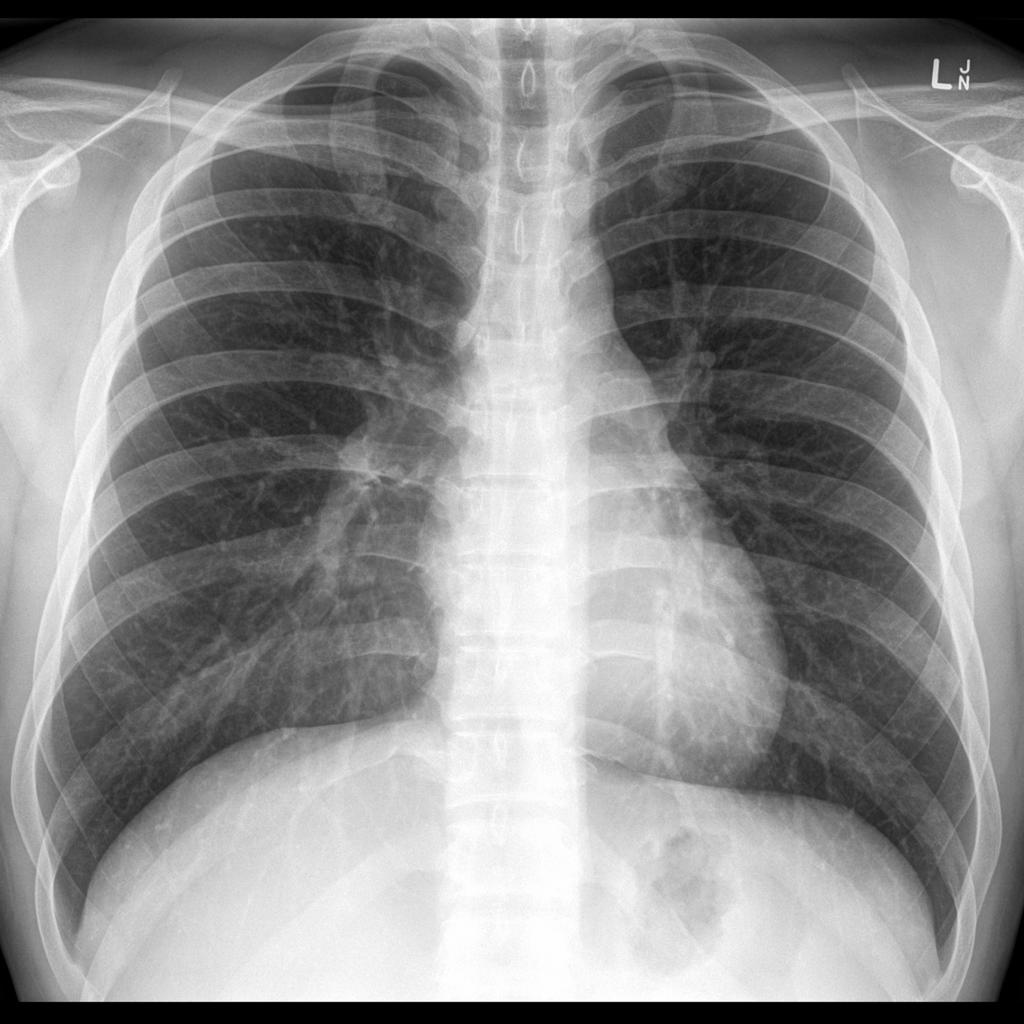
It's been 2 weeks since my last evening and overnight call and WOW, what a difference that short time makes in this fast moving Omicron wave.
Here are my observations.
/1
@HRHospital #Omicron #COVID19
Here are my observations.
/1
@HRHospital #Omicron #COVID19

First, let's talk numbers.
Far fewer patients were coming in with COVID related complaints and only 23 patients in my 8hrs sample got chest X-rays.
That's down from 40 patients/8hrs 2 weeks ago, and 50 patients/8hrs the week prior.
The crowd is thinning out.
/2
Far fewer patients were coming in with COVID related complaints and only 23 patients in my 8hrs sample got chest X-rays.
That's down from 40 patients/8hrs 2 weeks ago, and 50 patients/8hrs the week prior.
The crowd is thinning out.
/2

Of those patients that did get chest X-rays, 20 showed no evidence of a COVID pneumonia, and only 3 showed mild pneumonias which were not even definitively COVID pneumonias.
There were no moderate or severe pneumonias.
/3
There were no moderate or severe pneumonias.
/3

What has changed?
Clearly the most important change is the prevalence of Omicron in the community. Omicron peaked early January in Ontario and has been dropping almost as quickly as it rose.
/4
globalnews.ca/news/8578162/o…
Clearly the most important change is the prevalence of Omicron in the community. Omicron peaked early January in Ontario and has been dropping almost as quickly as it rose.
/4
globalnews.ca/news/8578162/o…
Unfortunately, this isn't the whole story.
Currently at my large urban general hospital we still have days where we are admitting more COVID-19 patients than we are discharging.
This leaves us with a sizable number of COVID patients requiring a high level of care.
/5
Currently at my large urban general hospital we still have days where we are admitting more COVID-19 patients than we are discharging.
This leaves us with a sizable number of COVID patients requiring a high level of care.
/5

There is also a sad reality that while the Omicron wave is quieting down, many inpatients are still battling pneumonias some of which will progress in severity.
/6
/6

Take home messages?
1. The drop in ER visits supports the waste water data showing that the Omicron wave is coming to an end.
2. It will take time to clear out the hospitals.
3. Omicron is still very dangerous, especially to the unvaccinated.
#GetVaccinated #GetBoosted
/7
1. The drop in ER visits supports the waste water data showing that the Omicron wave is coming to an end.
2. It will take time to clear out the hospitals.
3. Omicron is still very dangerous, especially to the unvaccinated.
#GetVaccinated #GetBoosted
/7

• • •
Missing some Tweet in this thread? You can try to
force a refresh













